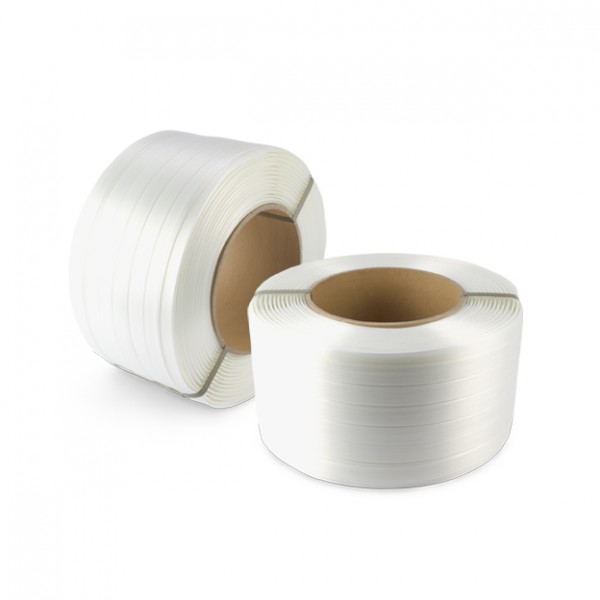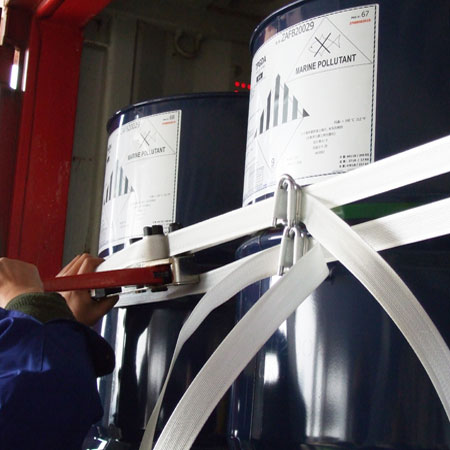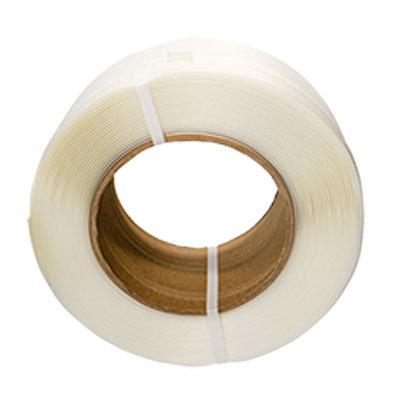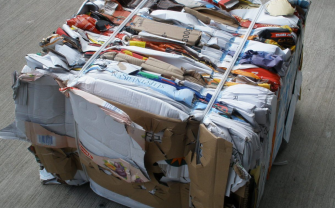Vertical balers are an essential piece of equipment for businesses looking to efficiently manage and recycle their waste materials. These machines are used to compress and bundle recyclable materials such, as cardboard, paper, plastic, and other materials, into compact bales for ease of storage and transportation. However, in order for vertical balers to effectively perform their function, they require the use of consumables, such as baling straps, to secure the bales.
Baling straps are an integral component of the baling process, as they are used to tightly secure the compressed materials into neat and manageable bales. These straps are typically made of durable materials such as polypropylene or steel, and come in a variety of sizes and strengths to accommodate different baling needs. The use of high-quality baling straps is crucial to ensure that the bales remain secure and intact during transportation and storage, preventing any potential damage or loss of materials.
When it comes to selecting the right baling straps for vertical balers, businesses must consider several factors to ensure optimal performance. The first consideration is the material being baled, as different materials may require different types of baling straps to effectively secure the bales. For example, materials with sharp edges or rough surfaces may require stronger and more resilient baling straps to prevent tearing or breakage during the baling process.
Another important factor to consider is the size and capacity of the vertical baler. Larger balers that handle heavier loads will require stronger and wider baling straps to securely hold the bales in place. It is essential for businesses to carefully assess their baling needs and select baling straps that are compatible with their specific baler model and the materials being processed.
In addition to strength and compatibility, businesses should also consider the environmental impact of the baling straps they choose. Opting for recyclable and eco-friendly baling straps can contribute to a company's sustainability goals and reduce its overall carbon footprint. Many manufacturers offer baling straps made from recycled materials, providing a greener alternative for businesses looking to minimize their environmental impact.
Proper maintenance and storage of baling straps is also crucial to ensure their longevity and effectiveness. Exposure to harsh weather conditions, UV rays, and moisture can degrade the quality of baling straps, leading to reduced performance and potential safety hazards. Businesses should store baling straps in a dry and sheltered environment, away from direct sunlight and extreme temperatures, to preserve their integrity and strength.
When it comes to sourcing baling straps for vertical balers, businesses have several options available to them. Many manufacturers and suppliers offer a wide range of baling straps tailored to different baling needs, with the option to purchase in bulk for cost savings. It is important for businesses to research and compare different suppliers to find the best quality baling straps at competitive prices.
In conclusion, baling straps are an essential consumable for vertical balers, playing a pivotal role in securely bundling recyclable materials into compact bales. Businesses must carefully consider the material, size, capacity, and environmental impact of baling straps when selecting the right option for their specific baling needs. Proper maintenance and storage of baling straps are also crucial to ensure their longevity and effectiveness. By investing in high-quality and eco-friendly baling straps, businesses can enhance the efficiency and sustainability of their waste management practices.




